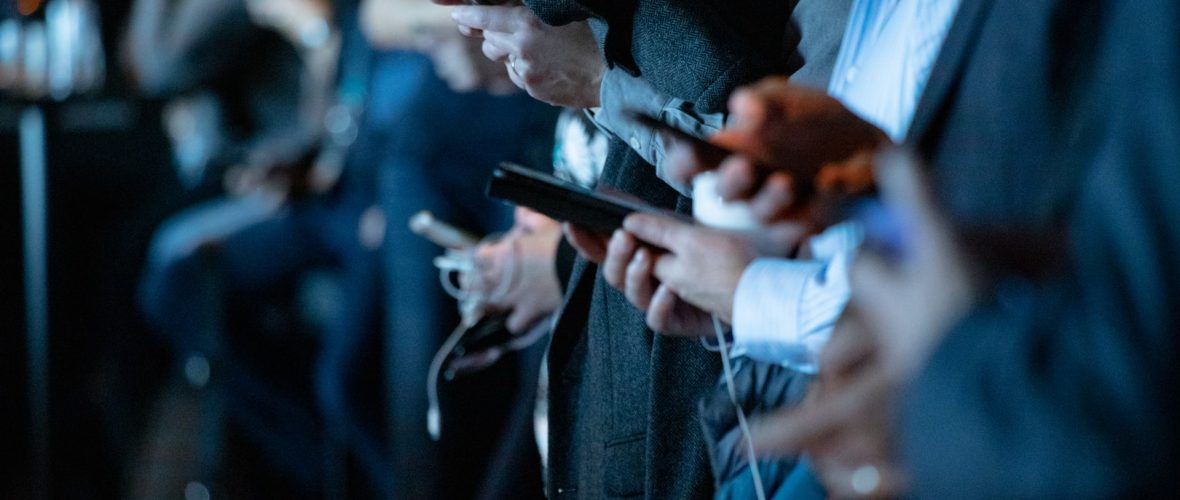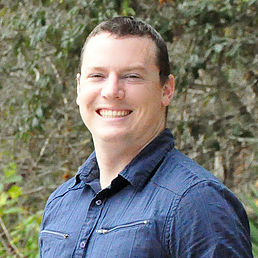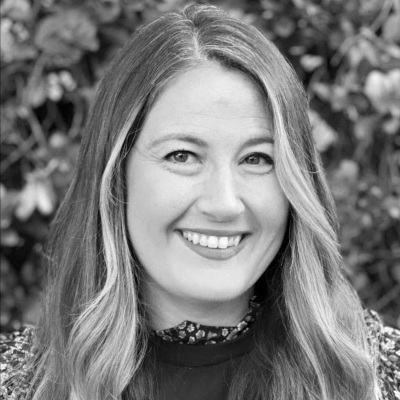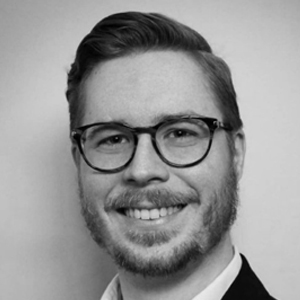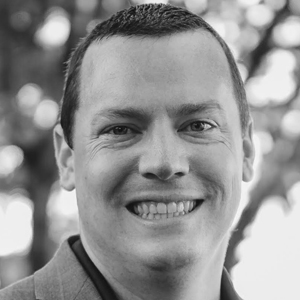The dangers of social media have become an increasingly important target for clinical research. If the current literature is correct, social media is quietly creating profound problems for younger populations’ mental health and is increasingly being blamed for increasing mental health problems in younger populations. Social media platforms such as Facebook, Instagram, and Snapchat may contribute to worsening mood (Twenge, Martin, & Campbell, 2018).
The hidden dangers of social media

Over the past 25 years, research has observed increases in anxiety and depression by as much as 70% (Royal Society for Public Health, & Young Health Movement, 2017). Anxiety and depression can have negative effects on education, school dropout, social relationships, substance abuse, mental health, social isolation, and suicidal behaviors.
Symptoms of anxiety and depressed mood are positively
correlated with time on social media, and both passive and active use of social media (reading, scrolling, & reposting, contrasted by chatting, sharing, or writing, respectively)
correlate with greater symptoms of anxiety and depressed mood. In one sample, passive social media use was a significant factor in mood, even after examining and controlling for protective elements such as social support!
Social media has created an enormous amount of strain on mental health. Multiple studies have found that young people experience more negative experiences on social media. Research suggests that social media can be incredibly addicting and impact how users feel about themselves.
Although not all users of social media have mental health issues, there is a marked correlation between increased depression and increased usage of these sites. Studies have demonstrated that the use of social media is a risk factor for depression.
Social media and suicide
The World Health Organization (WHO) estimates that suicide is the 13th leading cause of death worldwide, and is the leading cause of death among those aged between 15 and 39. Social media platforms are commonly used for the expression of suicidal thoughts and feelings, particularly by young people.
As such, there is increasing evidence that the Internet and social media can influence suicide-related behavior. There are several specific ways that social media can increase the risk for prosuicide behavior. Cyberbullying and cyber harassment, for example, are serious and prevalent problems. Victims of cyberbullying are almost 2 times as likely to attempt suicide than those who were not.
How to handle social media
Social media use can facilitate negative reactions in certain people, and technology companies’ lack of awareness or concern of the severity of the problem and the negative effects on mental health makes this trend only more frustrating. The awareness of social media’s effects on mental health should be a concern to all individuals regardless of age.
While there are no set guidelines for how parents should handle social media use for their children, it is clear that many parents are struggling with how to handle technology usage and screen time with their children. One of the most important things to keep in mind is that your children will learn best when they are offered healthy environments that provide independence, responsibility, and challenge.

With respect to personal use of social media, research seems to suggest that active engagement is associated with fewer mental health problems. Writing to specific friends and sharing personal experiences may not contribute to anxiety and depression in the same way that reading or sharing others’ posts.
Conclusion
Although social media makes it easy to stay in touch with others, it also appears to be a growing threat to mental health. Active engagement with social media appears to be the best approach, as well as limiting social media use.
References:
- Which Therapy is Best? - December 14, 2023
- How to deal with Burnout when you’re sick of everything and everyone. - February 23, 2022
- The Hidden Dangers of Social Media: How It Can Eat Away at Your Mental Health - August 21, 2021
